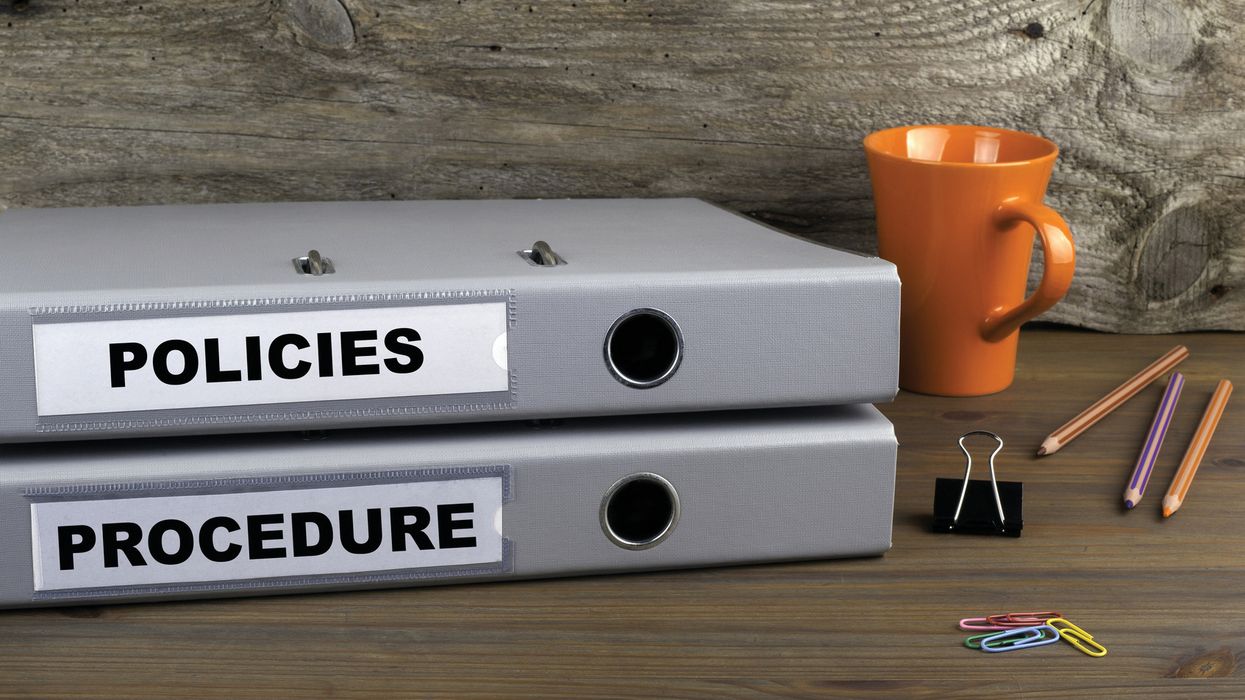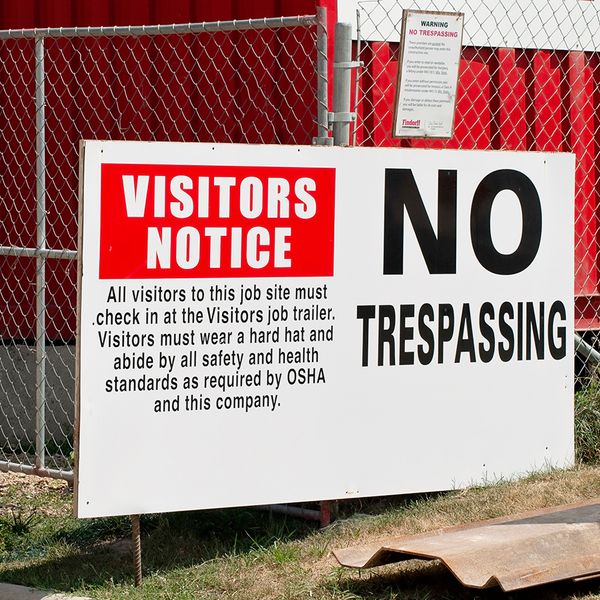Tighten up your security policy to prevent internal theft
Employee theft is sometimes done right under the organization’s nose, during core business hours and under the guise of business as usual.
Protecting your trucking terminal from internal theft starts with a strong security policy. Follow along to develop best practices for conducting searches of personal property.
Define your search policy
A private employer generally has the right to search an employee’s lunchbox, backpack, or purse if there is a security policy in place that informs employees that they have a limited expectation of privacy while in the facility. The policy should indicate that personal belongings are subject to search by authorized personnel.
When you see an employee putting cardboard boxes into a personal vehicle, the individual really is grabbing empty boxes for moving or personal storage. But someone who is stealing customer freight, office equipment, or tools could very easily use this common occurrence to carry out a theft. The policy should also communicate that boxes appearing empty will be searched by a security officer or designated personnel.
When a company has a policy to search personal property, a legitimate business reason is needed to avoid privacy issues. A search of private property on the company premises might be triggered, for example, by observed suspicious activity or a string of internal thefts.
In addition, the employee who is approached must consent to the search. It may wise to have the individual empty the contents rather than have a company representative rifle through personal belongings. If an employee refuses, the consent could be a condition of employment. The inspection of an employee’s vehicle generally requires employee consent, so consult with your company attorney if you believe that stolen items have been moved to a vehicle.
Create a zero-tolerance theft policy
As with all policies and procedures, ramifications need to be included. For example, the policy could state that employees found to be illegally in possession of company property will be subject to termination and possible prosecution. As a safeguard of employee rights, it could also indicate that a thorough investigation will take place to ensure that all facts are verified.
Employees, contractors, or vendors who are innocently taking something out to their car , or taking company equipment for repair, cleaning, etc., should not be offended if made fully aware of any security policies. A request made of the employee — such as presentation of appropriate paperwork — should be seen as standard operating procedures.






















































